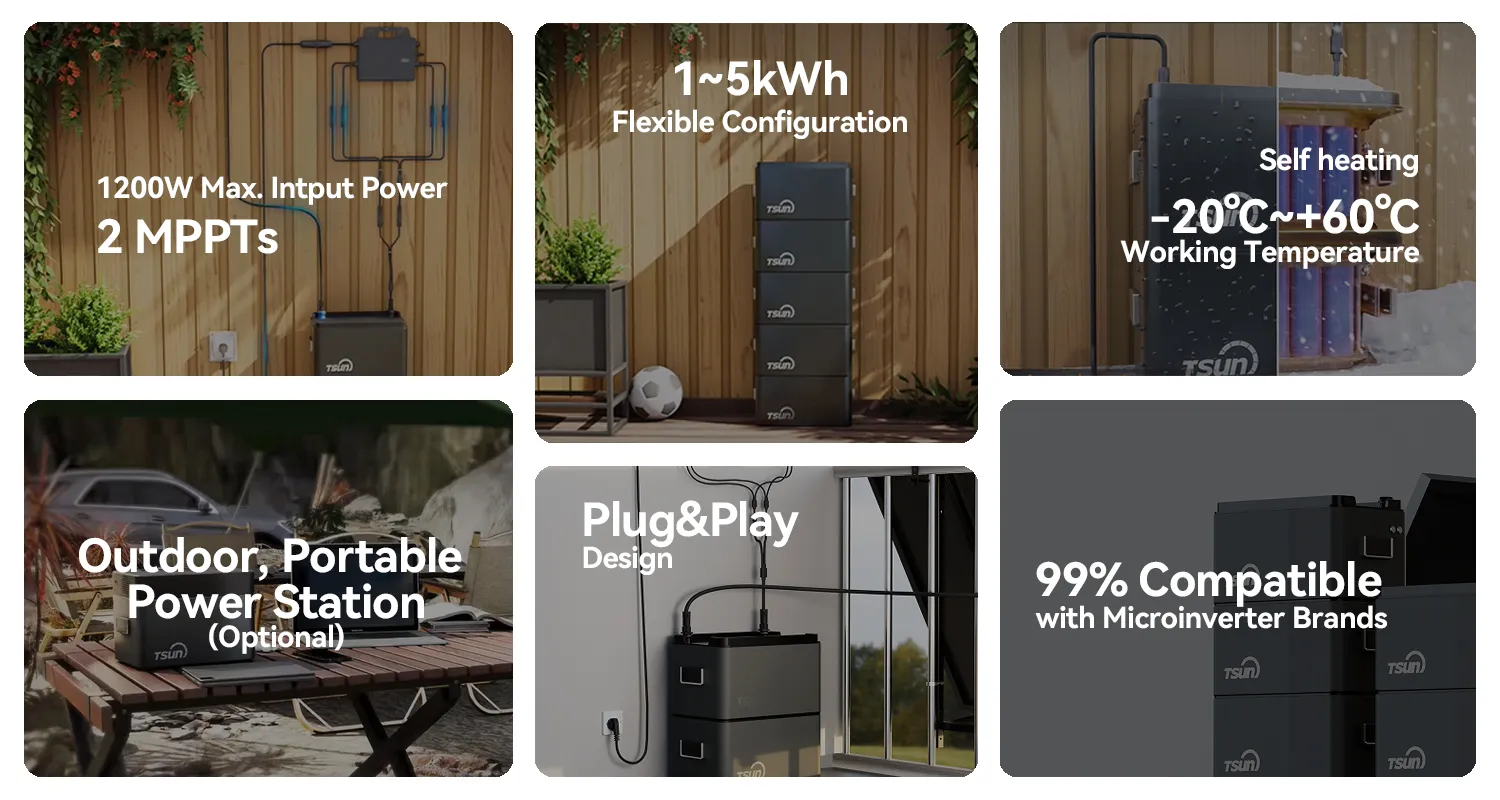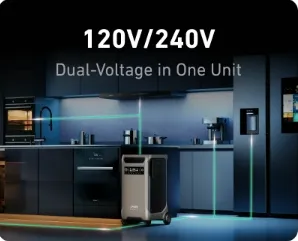Microinverters, especially those with an 800W capacity, are revolutionizing how solar energy systems are designed, implemented, and scaled. As energy needs grow globally, and with an increasing emphasis on renewable sources, the microinverter 800W model becomes a focal point for both homeowners and commercial enterprises seeking efficient, reliable, and scalable solar power solutions.

Unlike traditional string inverters, microinverters attach directly to each solar panel, converting DC to AC right at the source. This distributed approach offers a significant advantage in systems using 800W modules, optimizing energy harvest and improving overall system performance. The adaptability of 800W microinverters means that each panel operates independently; shading, dust, or damage to a single panel does not disproportionately affect the performance of the entire system.
Real-world experience shows that this modular setup enhances the reliability and longevity of solar installations. Homeowners and businesses can start with a smaller number of solar panels and gradually scale up as needed. This flexibility is particularly beneficial for growing enterprises or those with incremental energy scaling schedules. A case study highlighting an agricultural business that initially installed a basic setup only to expand a few months later vividly underscores this point. As energy demands increased, additional 800W microinverters were effortlessly integrated, demonstrating their remarkable scalability.

Technical expertise in deploying these systems is another critical factor. Installing an 800W microinverter requires understanding the nuances of photovoltaic installations, including knowledge of electrical regulations and safety codes. Solar professionals emphasize that it’s crucial to partner with certified installers familiar with microinverter technology to maximize investment returns and ensure optimal performance. For instance, experts recommend conducting comprehensive site evaluations to tailor the setup for peak performance, evaluating factors like solar exposure, roof pitch, and local climate conditions. Such targeted consultations can markedly improve the effectiveness of the installation.
microinverter 800w
Authoritative voices in the field often discuss the reliability of microinverters compared to traditional systems. Many point to studies and empirical data suggesting lower failure rates in microinverters, contributing to lower maintenance needs and improved long-term savings. This reliability stems from their robust design and innovation in power electronics, which have evolved significantly over the past decade. Analytical reports by leading energy foundations and case studies back these claims, reinforcing the credibility of manufacturers who prioritize quality engineering in their microinverter lines.
Trustworthiness in this technology is also evident in the leading manufacturer's warranties, often covering up to 25 years, reflecting confidence in their product's longevity. It's a stark contrast to the generally shorter warranty periods for string inverters, highlighting the manufacturer's commitment to quality and reliability. Potential buyers should look for certifications and adherence to international standards, which further underpin the trust in these devices.
As the transition to solar becomes more mainstream, understanding the financial and environmental impact of an 800W microinverter system becomes imperative. With zero emissions at the point of generation, these systems significantly reduce carbon footprints, contributing positively to environmental sustainability goals. Financially, they offer strong ROI through energy bill reductions and government incentives available for solar installations. For those considering such investments, the progression of technology indicates it's a strategically sound decision likely to yield substantial savings and environmental benefits over time.
In conclusion, the microinverter 800W stands out as a paragon of innovation in the solar industry, offering unparalleled efficiency, reliability, and scalability. It continues to gain traction among both residential and commercial users, not just for its technical merits but for its real-world benefits substantiated by industry professionals and satisfied users alike. Enhanced by professional installation and supported by authoritative endorsements, the microinverter 800W is poised to meet the growing energy demands of tomorrow, today.
 LEARN DETAILS
LEARN DETAILS
 News
News



